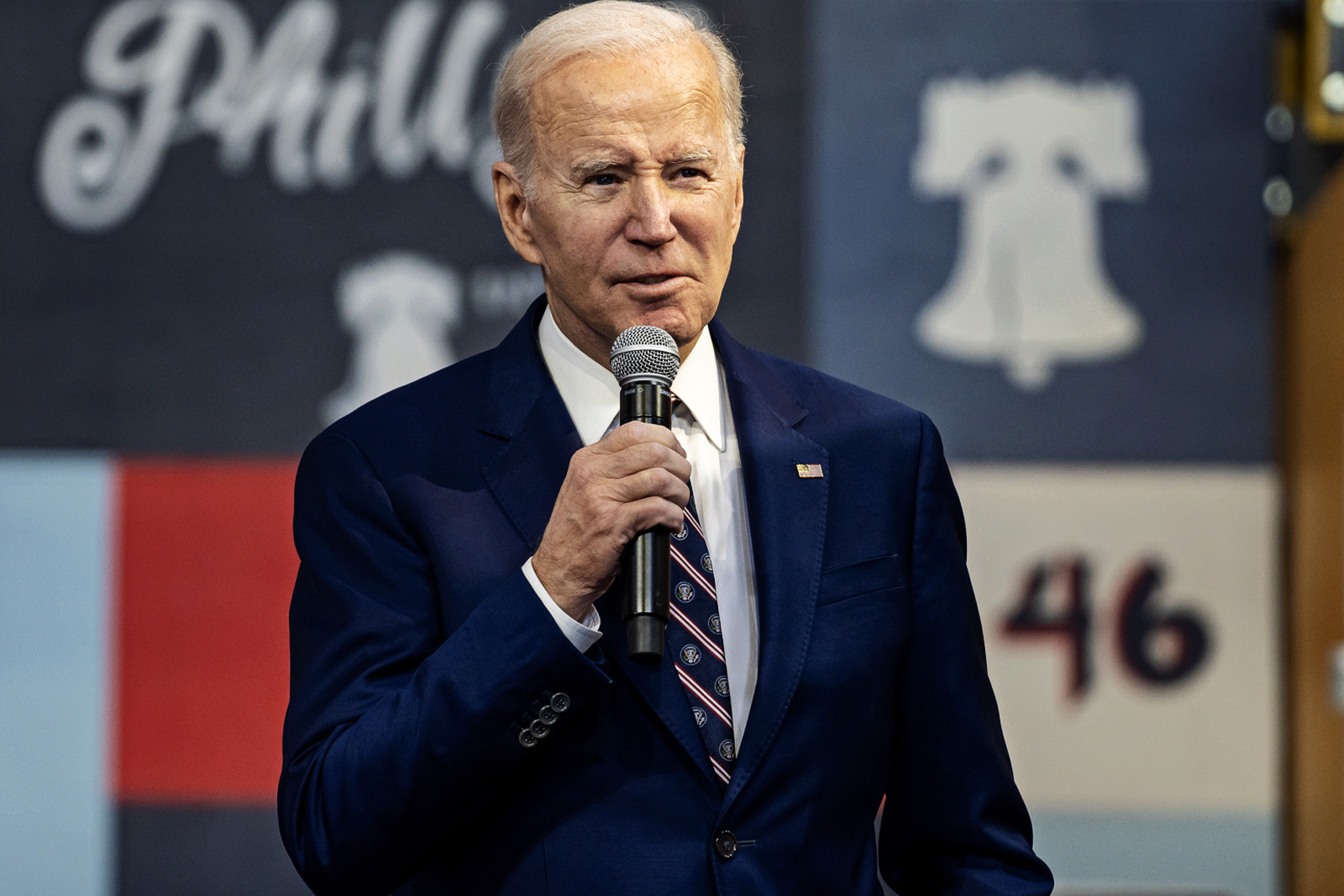
The Missing Ingredient in Washington’s China Policy
In all forms of politics, messaging is essential. Having an important message that isn’t inspiring is like having a car with no wheels. The engine might have 650 horsepower, but you’re not going anywhere. This is precisely how Washington communicates with the public about strategic competition with China.
The Biden administration’s 2022 National Defense Strategy frames China as a revisionist power intent and capable of reshaping the rules-based international order. In response, Washington proclaims “…we want a free, open, prosperous, and secure international order.” If you live in the realm of American foreign policy, this goal is self-evident. But for ordinary Americans, it lacks heft.
The National Defense Strategy goes on to say, “In the competition with the PRC…it is clear that the next ten years will be the decisive decade.” There can be no doubt Washington is taking this competition seriously as evidenced by the Chips and Science Act, the creation of the House Select Committee on China, and the expansion of sanctions on Chinese firms linked to Uyghur human rights abuses. A recent Pew Research Center poll even revealed 81% of Americans share Washington’s concerns regarding China.
Unfortunately, we are in crunch time and an inspiring message has yet to be defined for the average American. How are we supposed to get energized to out-compete China if we cannot relate to Washington’s vision?
Over the past 10 years, the branding of Washington’s China strategy has changed with each administration. However, the steady decline in U.S.-China relations has remained remarkably consistent. The Obama years gave us the dwindling optimism of “cooperation,” displaced by Trump’s “confrontation,” and finally President Biden’s policy of “strategic competition.” Over this period, Washington slowly came to grips with the cosmic horror that Beijing’s challenges are not confined to a small subset of bilateral friction points. Rather, China is an extremely capable global competitor.
Beijing understands its competition with the United States as a long-term whole-of-society struggle for dominance. Chinese leaders regard the United States as its primary adversary and as the country most capable of preventing Beijing from achieving its goals. Beijing’s goal is straightforward: achieve Xi Jinping’s “China Dream” and make China the dominant force in global politics. Beijing has organized its society through clearly articulated and mutually supportive political, economic, military, and technological policies.
By contrast, the United States has fielded a number of its own policies to counter Beijing’s means toward its goal but has yet to fully leverage all of American society’s strengths. While these policies are effective at reacting to new areas of competition and demonstrating bipartisan consensus, they fall far short of the long-term societal mobilization required to meet the challenge that lies ahead. Keeping Americans invested for the long haul requires compelling messaging and a relatable vision.
As we look ahead to the next 10 years, Washington should closely reflect on how to rally the team. The United States is a vibrant nation of wonderfully talented people who wield the largest economy, most robust alliance network, highest quality university system, and most advanced scientific innovation ecosystem on the planet.
Strategic competition is a team effort and whether we like it or not, every American is an essential player. Each needs to know how to play his respective position to ensure that liberty, democracy, the rule of law, human rights, and free trade remain the rules of the international order. Most Americans and their elected officials understand the gravity of the situation. Washington would do well to transform this drying paint into something that guides, inspires, and makes us all proud to contribute.
The author’s views and interpretations of fact are his own and not reflective of those held in whole or in part by the United States government.

